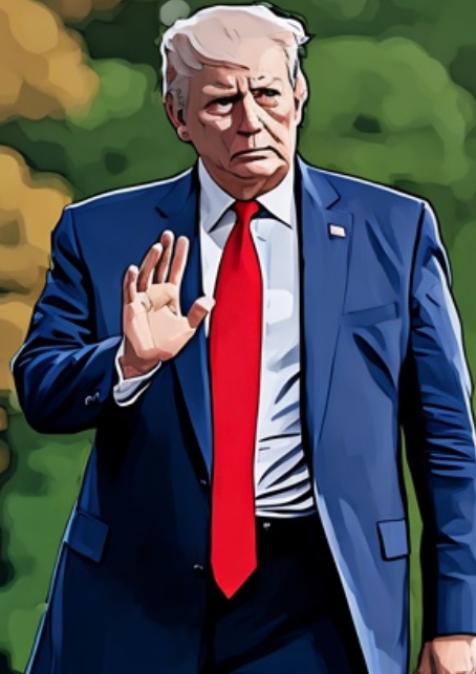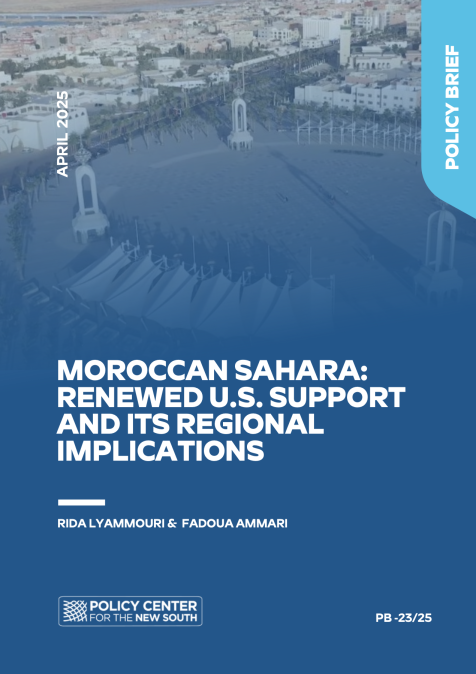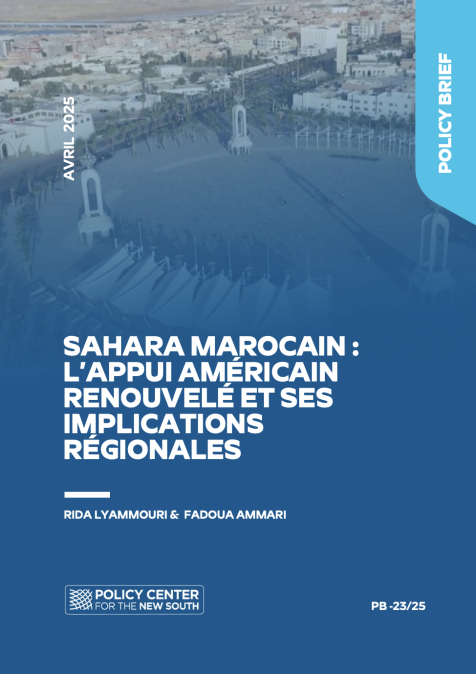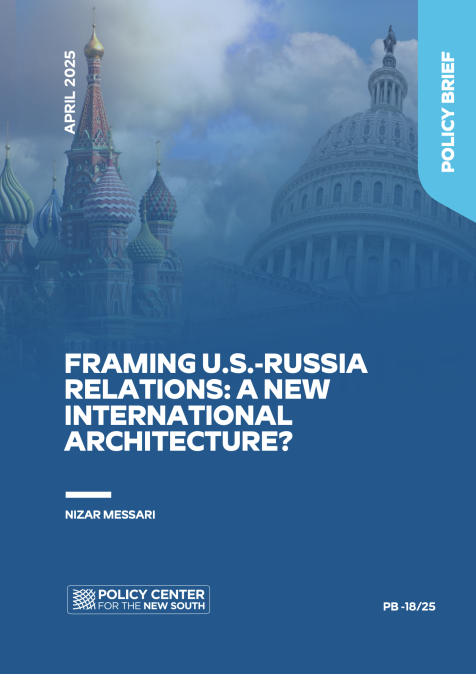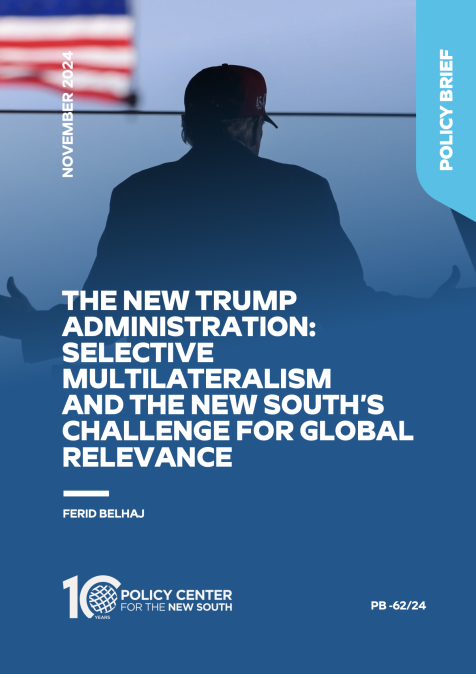Publications /
Opinion
At the beginning of June, officers from U.S. Customs and Border Protection, usually active on America’s periphery, were deployed to Washington D.C., where President Donald Trump had sighted an internal threat posed by “anarchists, agitators, looters, or lowlifes”. In reality, American citizens were protesting, mostly peacefully, against police brutality, and the killings of African-Americans by cops.
Nevertheless, the urban revolt seemed grave enough for the Trump Administration to deploy units of the 82nd Airborne Division to bases near Washington, and 4500 National Guard members took defensive positions in the city, protecting, for example, the Lincoln Memorial. Military helicopters tried to intimidate protesters with low flight movements, hitting crowds with air turbulence. Military vehicles patrolled the areas surrounding the White House. Mark Esper, the Secretary of Defense, talked of the need for “battle space” to control US cities. After the protests began, a reaction to the cruel killing of a black man by four police officers in Minneapolis, Donald Trump, on Monday, June 1, told state governors by phone that if they were unable to “dominate the streets”, he would “deploy the United States military and quickly solve the problem”. A White House spokesman told reporters that “all options are on the table” regarding military deployments to quell protests, a “language the administration more often uses when seeking to deter geopolitical adversaries overseas”, according to the Washington Post.
“After the protests began, Trump’s barely latent lust for armed conflict surfaced with extraordinary rapidity, with the president instructing governors in the imperative for ‘overwhelming force’ and ‘domination’ over the enemy citizenry and conjuring ‘vicious dogs’ and ‘ominous weapons’”, wrote Fintan O’Toole in the New York Review of Books “We may be now inside Trump’s ‘Götterdämmerung,’ as Thomas Wright of the Brookings Institution declared—the ‘vicious downward spiral’ as his presidential term draws to a combustive end”, wrote the Washington Post. On Monday, June 1, Trump, apparently angered by media reports that, as tensions escalated, he was led to safety by secret service agents into the White House bunker, suddenly decided that he wanted to have his picture taken holding a bible in front of St John’s Church, close to the White House, in defiance of the protesters.
‘Incompetent and Increasingly Desperate’
To facilitate Trump’s photo opportunity, police units violently pushed back protestors to clear a path so the “incompetent and increasingly desperate President” could reach a church he hardly ever visits. For Washington Post writer Ishaan Tharoor, the impression was that “the world’s sole superpower is starting to look like more fragile countries elsewhere”.
The Trump Administration and its allies in Congress, noted the International Crisis Group, a Brussels-based organization that focuses on conflict prevention, “should dispense with incendiary, panicky rhetoric that suggests the U.S. is in armed conflict with its own people, or that some political faction is the enemy, lest security forces feel encouraged or emboldened to target them as combatants”. “Never did I dream that troops … would be ordered under any circumstances to violate the constitutional rights of their fellow citizens—much less to provide a bizarre photo op for the elected commander-in-chief, with military leadership standing alongside”, stated retired general and Trump’s former Secretary of Defense, Jim Mattis. “Creating a sense that the military is a partisan political actor really does violence to the nature of the civil- military compact of the United States”, declared Kori Schake, a former Pentagon official at the conservative American Enterprise Institute, quoted in the Washington Post. “To divide and conquer at home using the US-military is an incredible escalation of the governments coercive power”, agreed Alice Friend, a fellow at the Center for Strategic and International Studies, quoted in the same Washington Post article, suggesting that the President could be tempted to escalate tensions with the protesters, leading towards civil strife, allowing the commander-in-chief to order his troops into the streets to save America.
Stephen Walt, writing in Foreign Policy, said the presidential strategy seems clear: “His only recourse, therefore, is to sow as much division as he can, even if it does more permanent damage to the country as a whole. Indeed, Trump has every reason to want the level of violence to get worse, both to distract us from his other failures and to convince Americans that they are facing a massive threat to public order and that any and all measures are justified. It really is mind-boggling: For the first time in U.S. history, an American president may genuinely believe that openly encouraging violence and disorder at home could benefit him politically”.
Trump, who avoided military service during the Vietnam era because of a foot ailment, nevertheless embraces the military, enjoying the applause of soldiers, particularly at respected military academies like West Point, New York. The president has long thrilled to the power of the U.S. military, providing the Pentagon a 2020 budget of $732 billion, but despite his maneuvering “he is now in the unusual position of being the Commander in Chief of a military that is moving away from him”, reported CNN. The decision of the Secretary of Defense, and the nation’s top general, Mark Milley, to resist Trump’s desire to send 10 000 active duty soldiers, armed, into the streets of the nation, left “a deep schism between the Commander in Chief and the military”, according to the New York Times. Four former chairmen of the Joint Chiefs of Staff, going back to the administration of George Bush, took the extraordinary step of publicly breaking with the president to condemn the violence against peaceful protesters. One of the critical generals, Colin Powell, publicly declared he would not vote for Trump, “who lies all the time”. Nearly 300 other former senior US diplomats and military leaders rebuked Donald Trump in a public letter over his plans to use military units to control the protests in the streets of America.
The opinions expressed in this article belong to the author.

